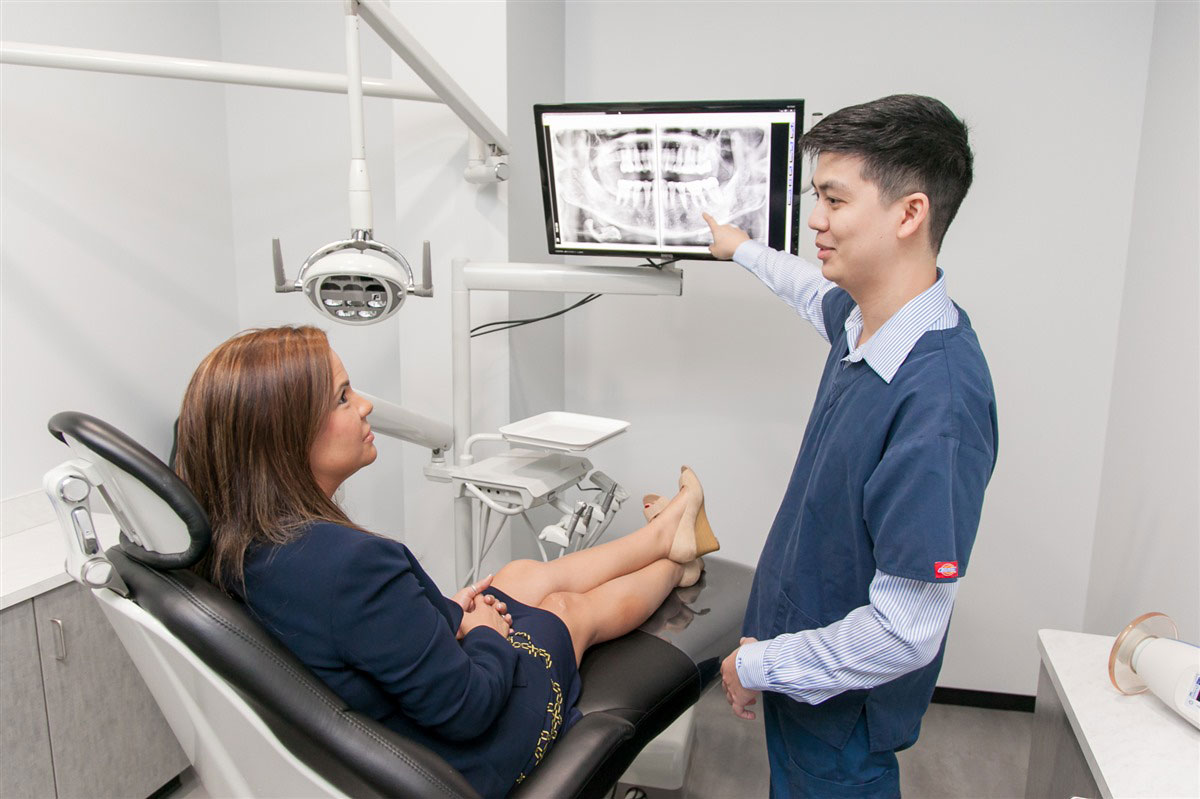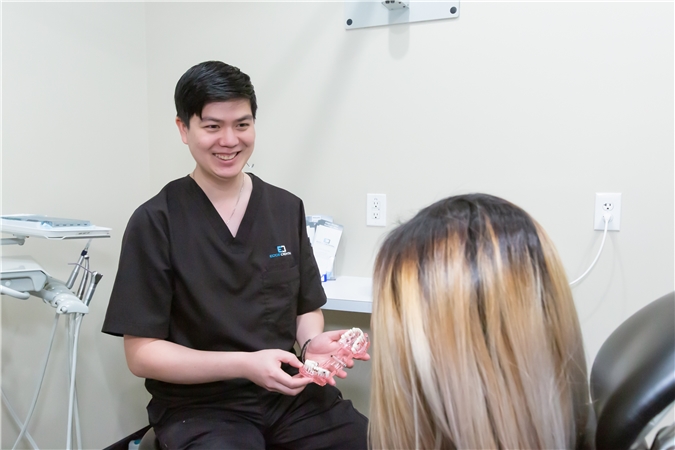How to Manage Sleep Apnea Symptoms in Real Life
If you've ever woken up gasping for air, or your partner has told you that you stop breathing while you are sleeping, you are in good company. Sleep apnea affects millions of people, and it's not just a nuisance like loud snoring or restless sleep - it's a health condition. Your heart, energy levels, and mood can all be affected by sleep apnea.
The good news is that it is manageable. You should not have to live with suffering night after night. Whether you are just beginning to learn about what sleep apnea means or are trying to find better ways to manage it, here are a few real-life suggestions to consider.
1. Start with a Sleep Medicine Clinic
A proper diagnosis is everything. Sleep apnea doesn’t look the same in every person. Some experience complete airway blockages (obstructive), others have breathing interruptions caused by neurological factors (central), and some deal with a combination of both.

That’s where a sleep medicine clinic comes in. With overnight monitoring and evaluation, a clinic can pinpoint the exact type of apnea and its severity. From there, treatment becomes more precise and more effective.
2. Know Your Treatment Options (It's Not Just CPAP)
Most people hear “CPAP” and imagine a noisy machine and a bulky mask. But sleep apnea treatment has come a long way. Yes, CPAP is popular and successful for many people, but if you cannot tolerate it, there are oral devices your dentist can make for you, or devices that change the position of your jaw or tongue while you sleep. There are even newer options with medication for sleep apnea, if lifestyle changes and devices are not enough.
Yes, CPAP is popular and successful for many people, but if you cannot tolerate it, there are oral devices your dentist can make for you, or devices that change the position of your jaw or tongue while you sleep. There are even newer options with medication for sleep apnea, if lifestyle changes and devices are not enough.
Some patients respond well to medicine for obstructive sleep apnea, particularly if it’s paired with other approaches.

3. Talk to Your Dentist—Seriously
You may not think your dentist can help with sleep problems, but they can! Some dental structures can interfere with your airway, but a trained dental professional can make you a custom dental device to help keep your airway open. In emergency circumstances— like swelling or jaw issues— emergency dentistry might become important, especially if problems are interfering with your sleep too.
4. Make Small Lifestyle Tweaks
You don’t need to overhaul your life overnight. But small changes make a big difference:
● Try sleeping on your side instead of your back.
● Reduce your alcohol intake in the evening. It relaxes throat muscles and worsens apnea.
● If you smoke, quitting will lessen airway inflammation.
● Losing a few pounds (if applicable) will also lessen pressure on your airways.
Remember, these changes are not necessarily about perfection — they are about making things a little easier, one day at a time.
5. Check in With Yourself Regularly
The management of sleep apnea is a continual process. If you are on CPAP treatment, don't just assume that your CPAP is working—if you are still tired the majority of the time or waking up feeling foggy, speak up. Go back to your regular provider or sleep clinic and make the changes—treatment works only when it is personalized to your needs.
Even newer treatment options should not be off-limits. Sleep medicine is changing—new devices, new medications, even remote monitoring, are coming on stream to help people live — and sleep — better.
Final Thought
Sleep apnea doesn’t have to control your life. With the right help—from a sleep medicine clinic, your dentist, or by exploring the right medicine for sleep apnea—you can take back your nights and your energy. It takes a little time and effort, but waking up feeling rested is worth it.
Comments
Post a Comment